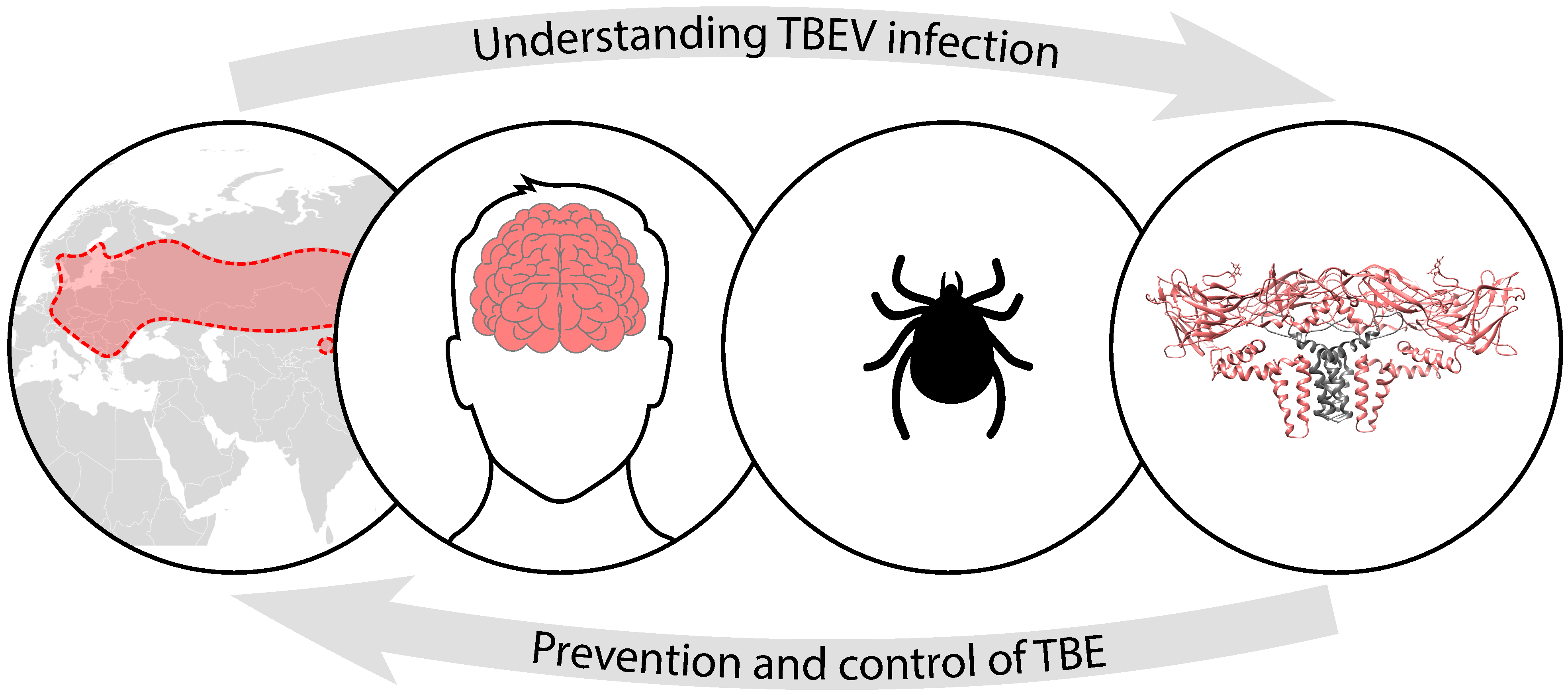Tick-borne Encephalitis
26-08-2023
11:46 AM
1 min read

Overview:
Recently, as per an official statement by the UK Health Security Agency, 3 cases of probable or confirmed tick-borne encephalitis acquired in England since 2019.
About Tick-borne Encephalitis:
- This infection is caused by a virus which is a member of the family Flaviviridae.
- The virus can spread to people through eating or drinking raw milk or cheese from infected goats, sheep, or cows.
- It causes a range of diseases from mild flu-like illness, to severe infection in the central nervous system such as meningitis or encephalitis.
- Symptoms: High fever with a headache, neck stiffness, confusion or reduced consciousness.
- Geographical Distribution: Most of the cases were reported from eastern, central, northern and increasingly western European countries, northern China, Mongolia, and the Russian Federation.
- While many people infected with tick-borne encephalitis (TBE) virus do not develop any signs, severe diseases can affect the brain."
- For people with symptoms, the time from tick bite to feeling sick (incubation period) is usually about 7 to 14 days but can range from about 4 to 28 days.
- Treatment: There are 4 widely used vaccines of assured quality available namely
- FSME-Immun and Encepur: Manufactured in Austria and Germany respectively, and based on European strains of the virus
- TBE-Moscow and EnceVir: Manufactured in the Russian Federation and based on Far-Eastern strains.
- As per the World Health Organisation, approximately 10,000–12,000 clinical cases of tick-borne encephalitis are reported each year.

Q1) What is Flaviviridae?
Flaviviridae is a family of viruses that includes several important human pathogens, such as the viruses that cause yellow fever, dengue fever, West Nile fever, Zika fever, and hepatitis C. These viruses are RNA viruses and have a single-stranded, positive-sense RNA genome.
Source: Deadly tick virus cases found in the UK: Here's what we know about symptoms, transmission
